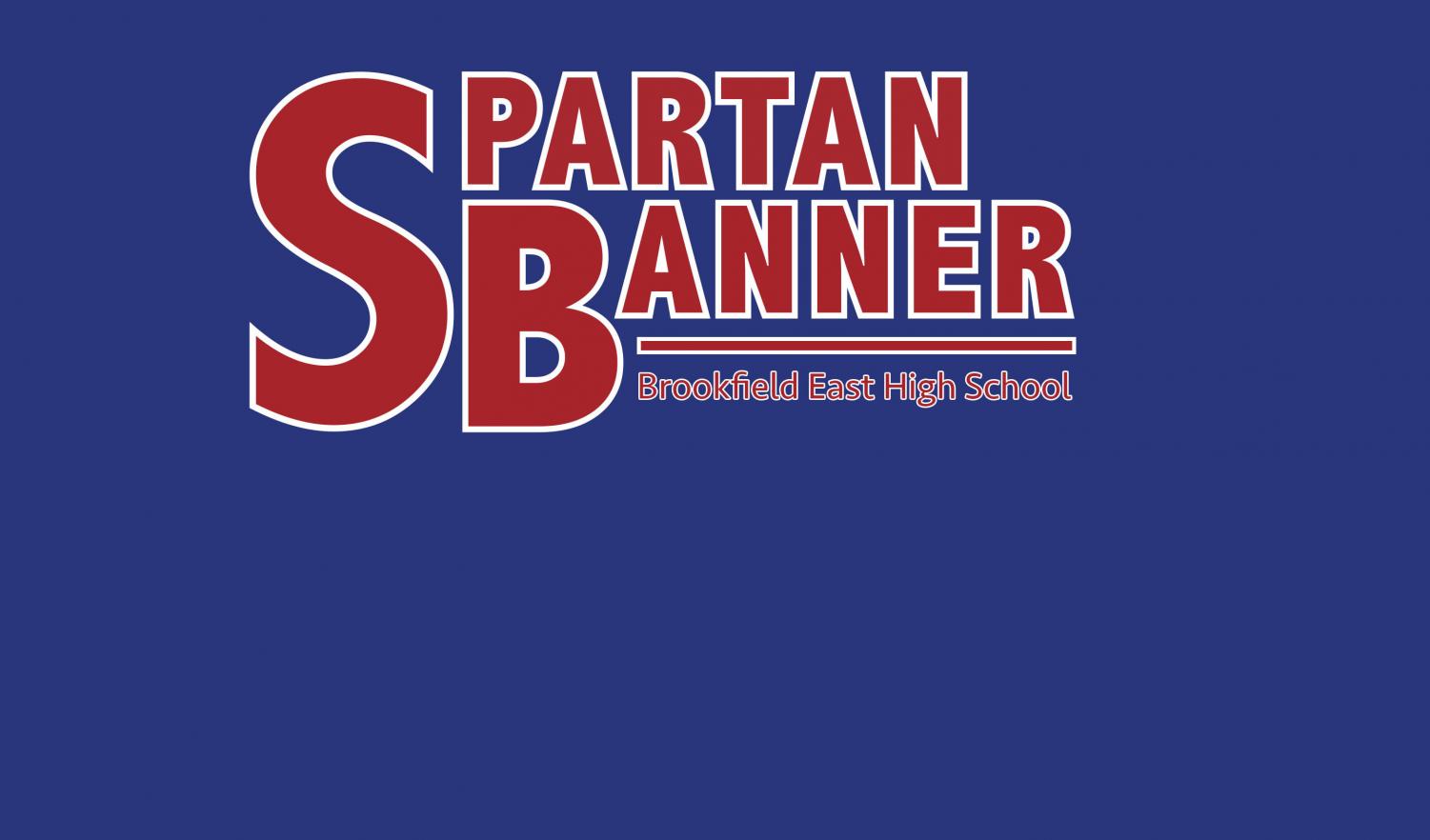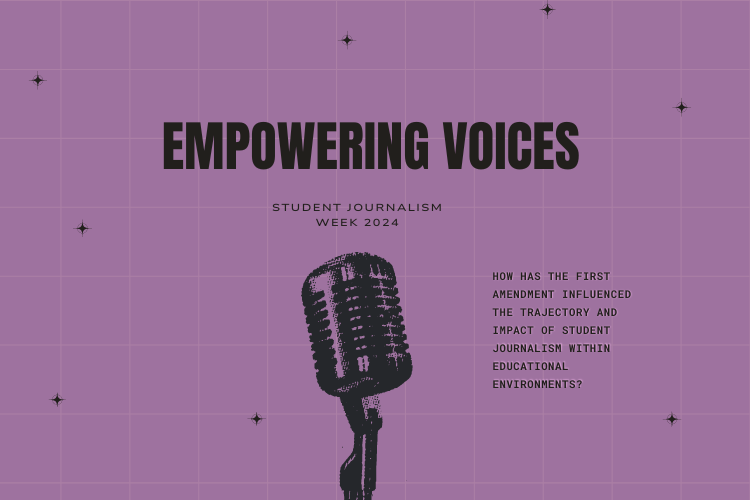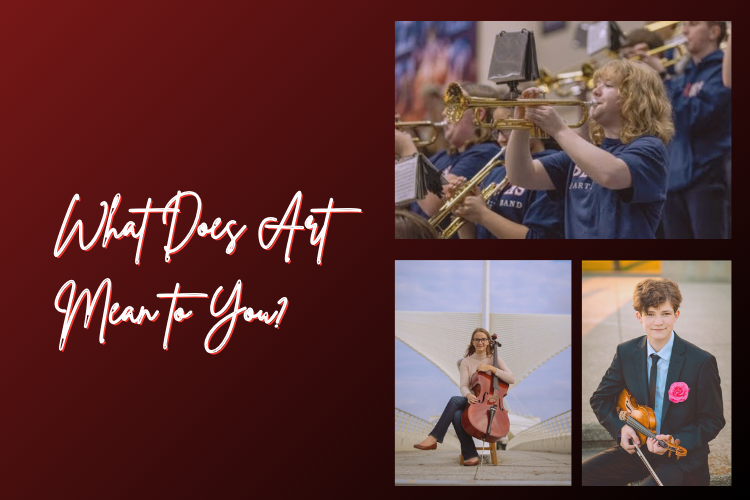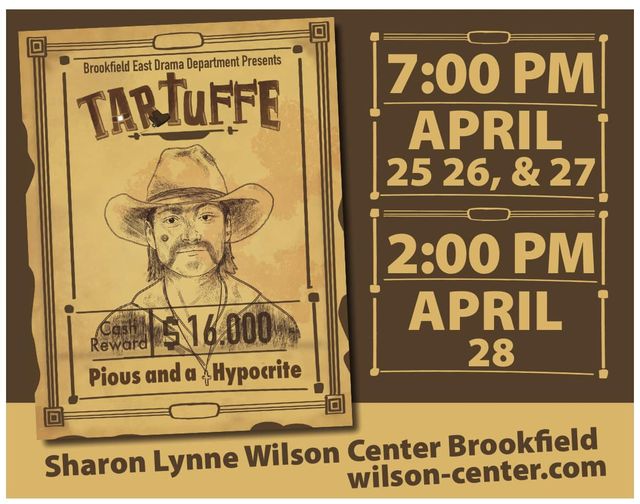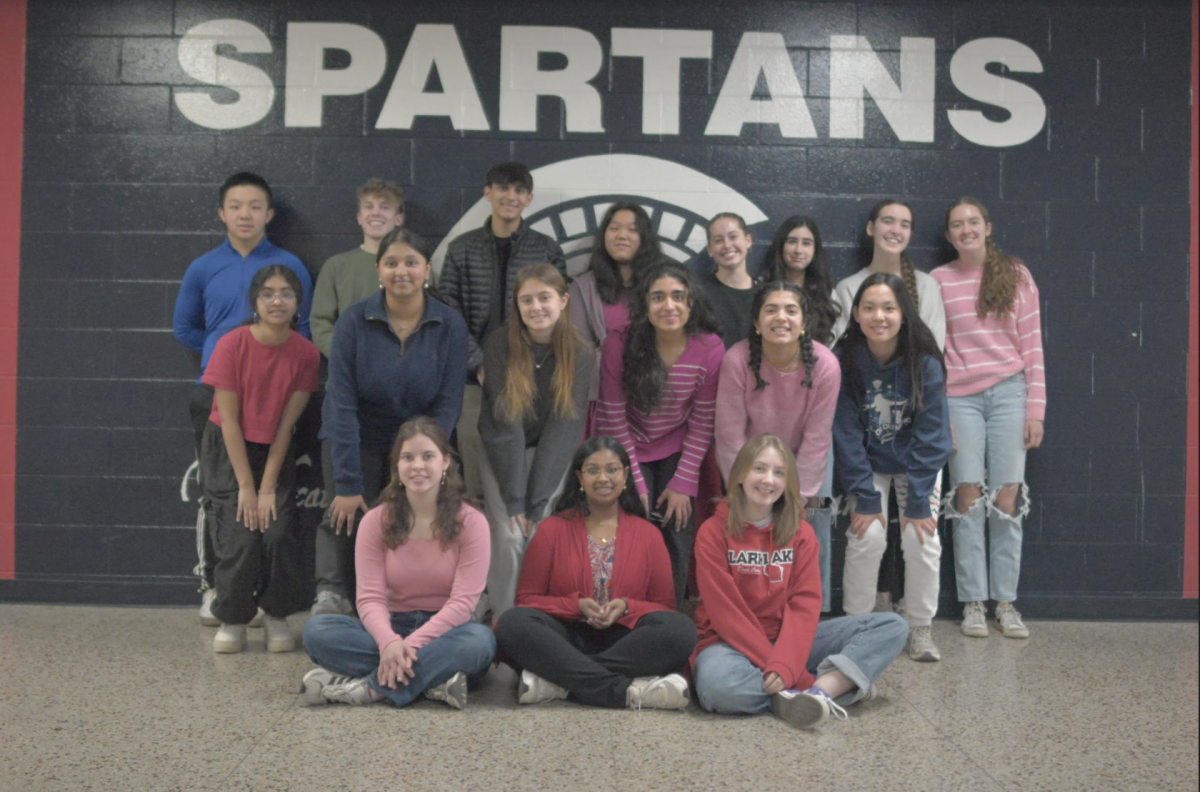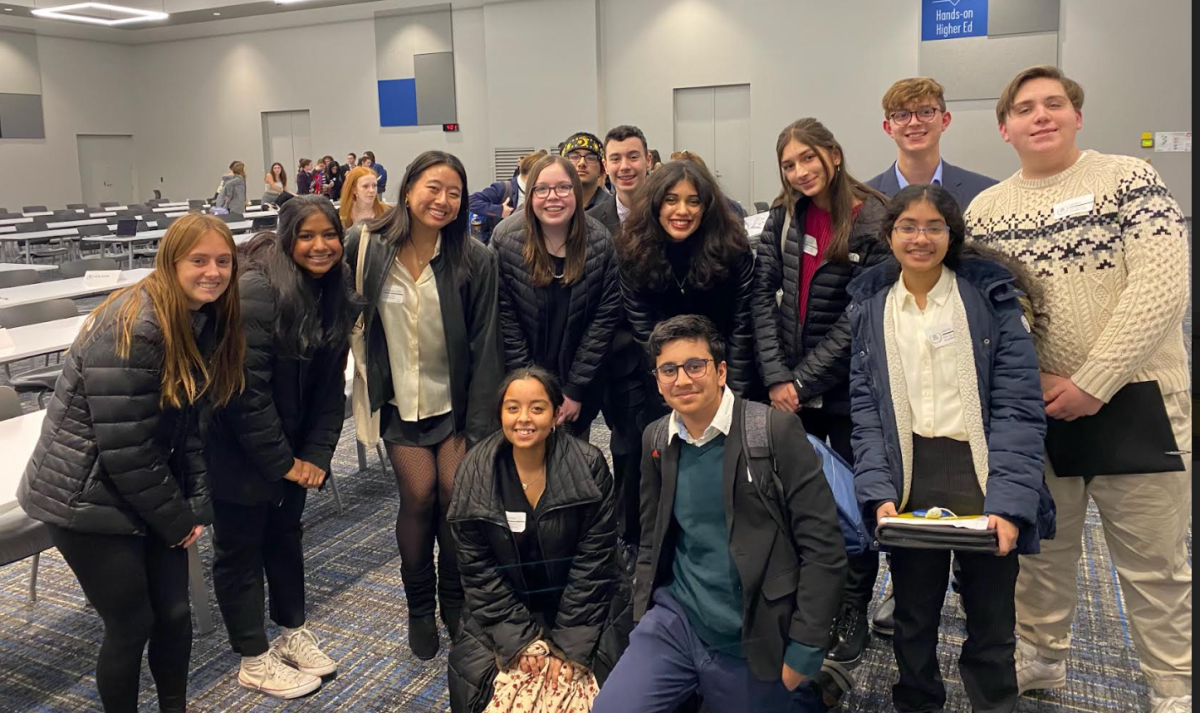In the hallowed halls of high schools across the nation, the First Amendment stands as a beacon of liberty, protecting the fundamental rights of free speech and a free press. As budding journalists, students wield the power to explore and express their perspectives, contributing to a vibrant tapestry of ideas within the school community. We will delve into the significance of the First Amendment in the realm of student journalism, exploring its historical roots, its impact on schools, and the role it plays in shaping the future of informed and engaged citizens.
The First Amendment to the United States Constitution, ratified in 1791 as part of the Bill of Rights, holds a revered position as the cornerstone of American freedom. It states, “Congress shall make no law respecting an establishment of religion, or prohibiting the free exercise thereof; or abridging the freedom of speech, or of the press; or the right of the people peaceably to assemble, and to petition the government for a redress of grievances.” This constitutional guarantee empowers individuals, including students, to express their ideas without fear of censorship or retaliation. Over the years, the landscape of student journalism has evolved, reflecting the changing dynamics of society. While early student publications primarily served as platforms for school announcements, they have transformed into vital mediums for students to investigate, analyze, and critique issues that matter to them and their peers. High school newspapers, magazines, and digital platforms now offer a unique lens through which students can explore their voices and foster a sense of civic engagement.
Student journalism is not just about reporting the news; it is a training ground for future leaders and active citizens. By engaging in investigative reporting, thoughtful analysis, and respectful discourse, student journalists contribute to a culture of informed civic participation. We learn to question and seek the truth – skills that are crucial in a democratic society. As high school students embrace the responsibilities and privileges afforded by the First Amendment, we play a vital role in shaping the conversation within our communities. Just as our own Spartan Banner, there are numerous different schools that have similar writing and publishing networks. The first amendment allows Spartan Banner to be a thing, and allows me to write and publish this article, and will support me and countless others in writing many, many more articles. Student journalism is not merely an extracurricular activity; it is a powerful vehicle for fostering critical thinking, civic engagement, and a commitment to the principles of a free and open society. As we look to the future, it is clear that the First Amendment will continue to be a guiding force, empowering students to become informed, responsible, and active participants in the democratic process.

